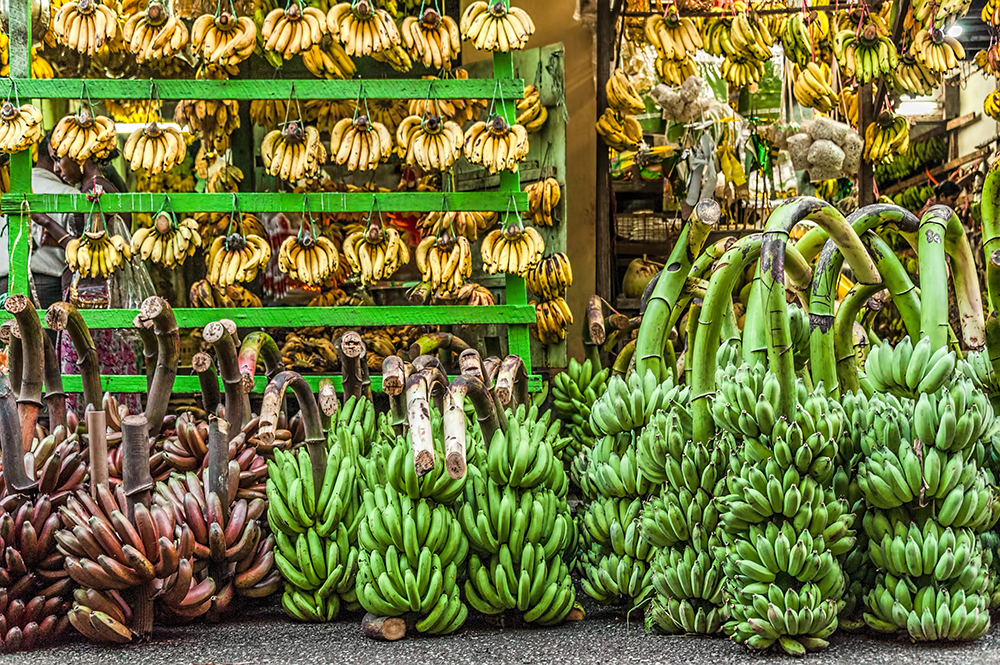
Aug 26, 2019 | Publicity
The World Banana Forum and FAO are establishing the TR4
Global Network (TR4GN), a leading platform for exchange and collaboration that
aims at becoming a knowledge hub for awareness and prevention of the spread of
the disease.
TR4GN supports
tools, information about technologies, capacity development materials, and any
other material that may contribute to generating awareness and knowledge to
contain the disease. This not only renews the involvement of current members of
the Task Force, but advocates current and future action towards potential
external partners.
Go to the website of the FAO for more information
Back to News page
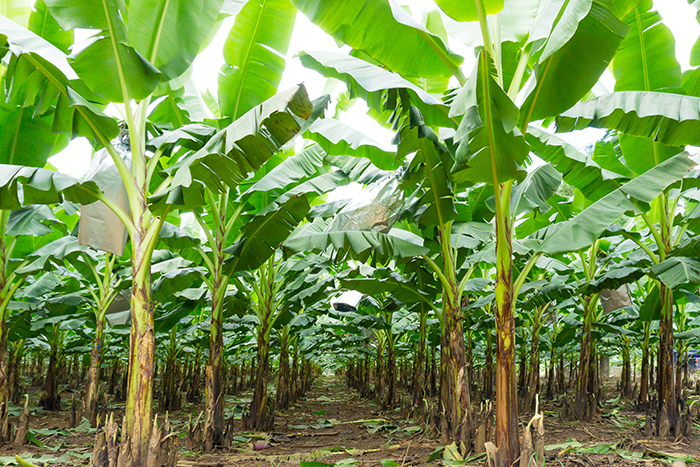
Aug 21, 2019 | Publications, Publicity
With the confirmation of the Panama disease
Tropical Race 4 (TR4) in bananas in Latin America, bananas will become scarcer
and prices will rise. This will mostly impact the people for which the bananas
are a fundamental source of nutrition.
The
analysis of banana plants and soil, and thereby confirming the presence of the
TR4 strain in the Columbia was done by a Dutch team, with researchers of
Keygene, and the University of Utrecht, and Wageningen University &
Research
As there is
no known fungicide or biocontrol measure that has proven
effective against TR4, making eradication of the fungus hard or impossible.
Commercial plantations grow almost exclusively a monoculture, the Cavandish
banana variety, which helps the efficiency of the market chain, but leaves it
vulnerable to diseases.
Check out
the media items below on the confirmation of the Panama disease outbreak:
The article in National Geographic
The interview with Gert Kema in The Packer video on the outbreak in Latin America
in The Packer video on the outbreak in Latin America
The article in Science magazine
Back to News page
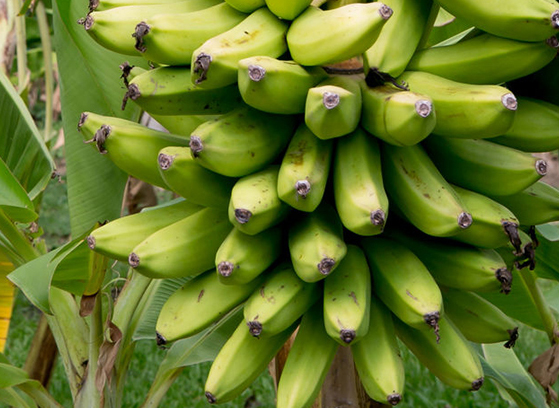
Jul 22, 2019 | Publications, Publicity
In Colombia four plantations in northern Colombia have been quarantined because of suspected infection with Fusarium wilt tropical race 4 (TR4). This finding has yet to be confirmed. As can been seen in Asia, the extreme damaging banana disease can wipe out entire plantations. “So, we should take this extremely seriously,” says Gert Kema, a plant pathologist at Wageningen University in the Netherlands.
Source: Science mag
Back to News page
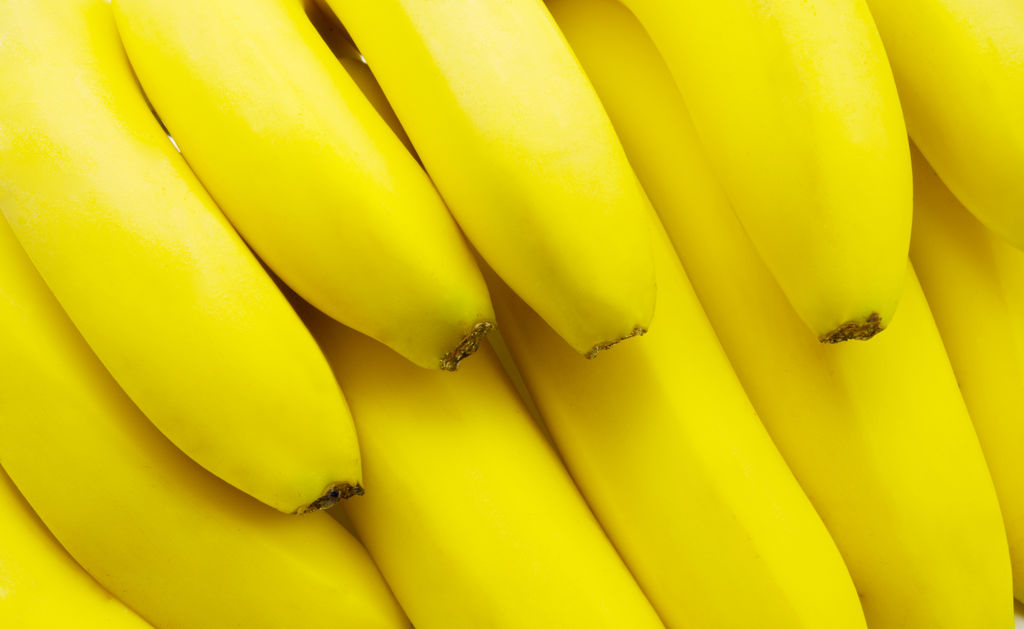
May 20, 2019 | Publicity
Australian’s Queensland government is attempting to restrict
the spread of the destructive Panama disease TR4 in Australia. To tackle the
spread of the disease, the government injected the Australian Banana Growers’
Council with AUD$12.1 million in funding, calling upon the banana industry to
join in cost-sharing.
In Australia, the disease was first discovered in 2015, and has thusfar been contained to three farms in total.
https://www.freshfruitportal.com/news/2019/04/02/230955/
Back to News page
Apr 9, 2018 | Publicity
The visibility of the Wageningen Panama disease research, has resulted in “Panama Disease of Banana, a Recurring Threat to Global Banana Production” a Research Topic of Frontiers in Plant Science, one of the leading plant pathology journals.
The editorial team is headed by Prof. Gert Kema and includes Prof. André Drenth, University of Queensland, Dr. Miguel Dita, Embrapa, Brazil, and the Wageningen University and Research colleagues Drs. Jetse Stoorvogel, Sietze Vellema and Kees Jansen, who are all involved in the INREF program.
The Research Topic will comprise a series of papers on the latest progress in Panama disease research which eventually will be available as an eBook. The inaugural article in the Research Topic is titled “New Geographical Insights of the Latest Expansion of Fusarium oxysporum f.sp. cubense Tropical Race 4 Into the Greater Mekong Subregion”, Front. Plant Sci., 09 April 2018 (Subscription or payment may be required), and reveals links between the occurrence of TR4 in China and surrounding countries as well as between Pakistan and the Philippines and Jordan and Lebanon. Hence, genomics research enables forensic analyses on the origin of TR4 incursions.
Back to News page
Feb 28, 2018 | Publicity, Visit
On January 24, National Geographic visited WUR and filmed during a course that Prof. Kema is teaching on Frontiers in Medical and Veterinary Biology. They were particularly interested in banana research and visited the Unifarm Greenhouse facility to film ongoing trials and experiments of students. The footage will be part of flagship National Geographic Explorer program and results from the NG Magazine article on Future Farming in The Netherlands. The NG Explorer program will be broadcasted in the autumn of 2018 and reaches approximately 400 million people in 171 countries in 45 languages.
Back to News page

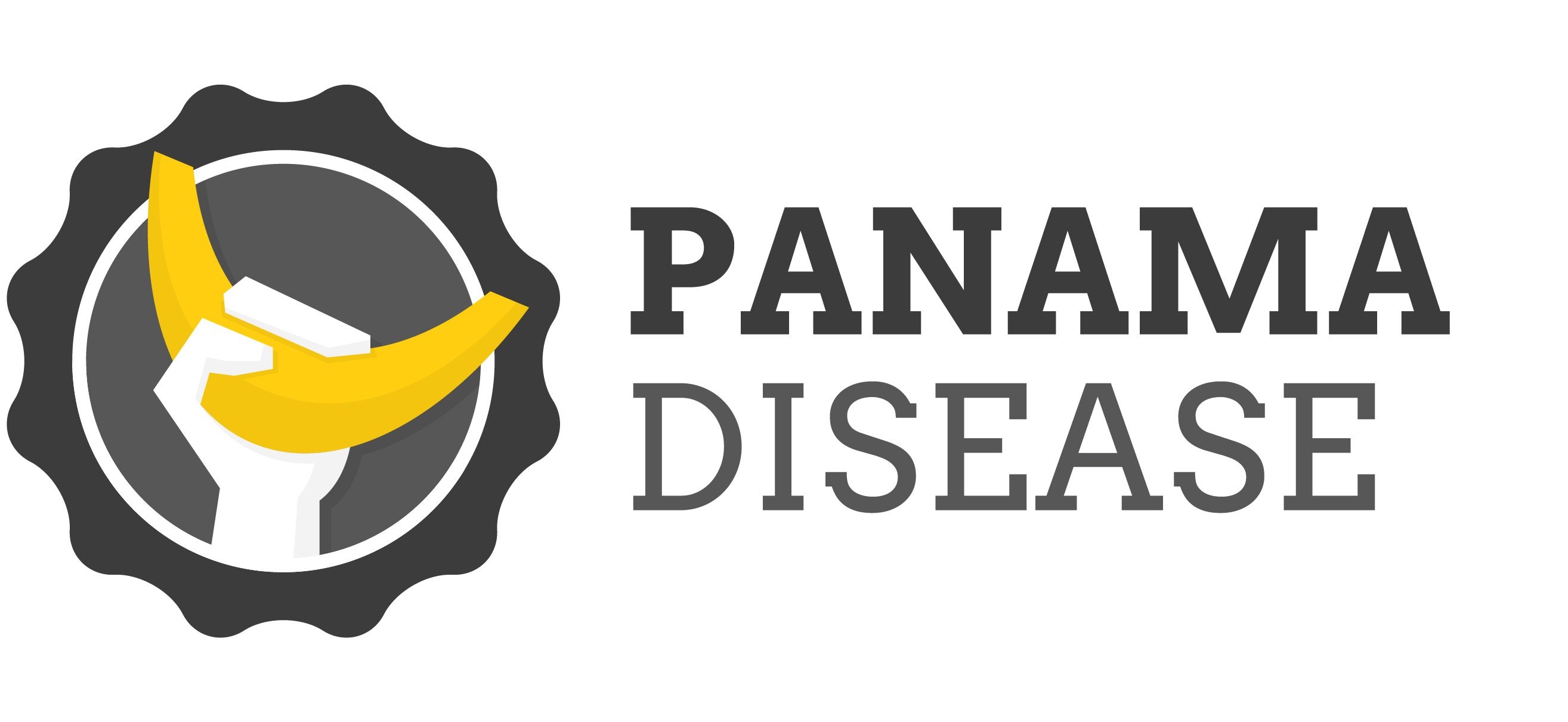



Recent Comments